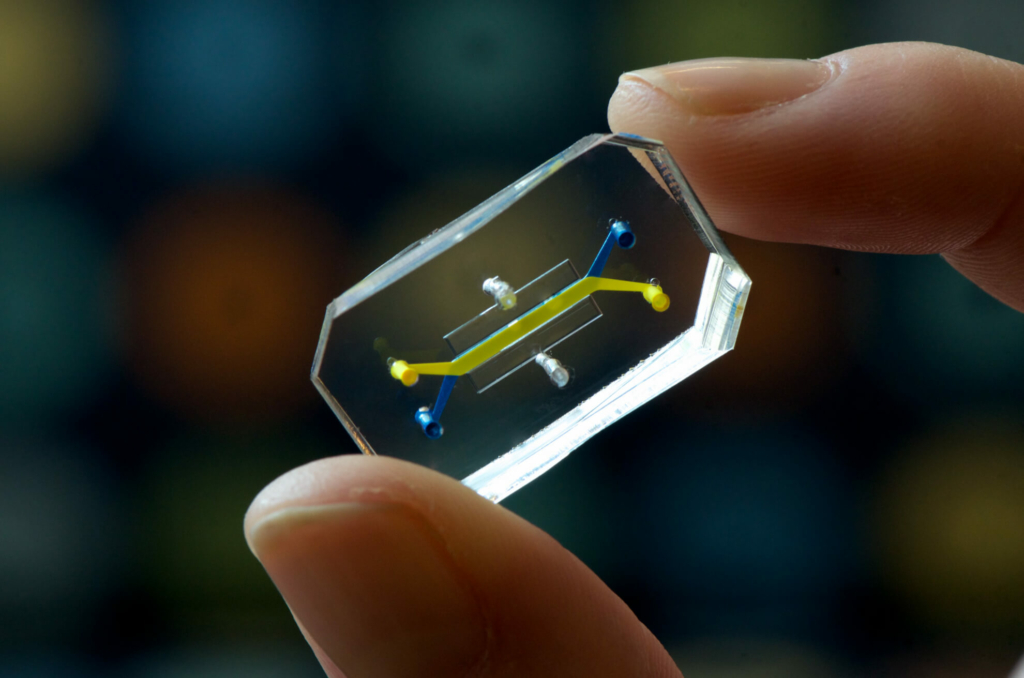Although the gradual increase in clinical trial complexity over the years has been fairly unanimous across individual types of cancer research, oncology overall continues to be the fastest-growing field of drug development. Not only has the number of investigational cancer products jumped nearly four-fold, from 421 to 1489, between 2000 and 2020, but research regulations imposed by the United States Food and Drug Administration (FDA) are becoming increasingly stringent. As a result, today’s sponsors are hard-pressed to conduct any cancer-related clinical trial successfully without enlisting the help of at least one contract research organization (CRO). Between their digital innovation, expert medical leadership, and in-depth study experience portfolios, CROs have become a key player helping drive significant advances in cancer research.
How Do CROs Contribute?
A contract research organization (CRO) is a separate entity, often with specialized areas of expertise, that offers a variety of clinical research support services to biopharma, biotech, and medical device companies. Considering how active the field of cancer research has become in recent years, sponsors are shifting to invest more of their resources into research and development (R&D) efforts for new treatments. This shift has coincided with a booming global market for outsourcing clinical trials because CROs already come equipped with scaled infrastructure, efficient data management technology, and fully-trained project management teams.
The Financial Burden of Novel Therapies
Due to the complex variation in the clinical presentation of cancer, oncology drugs will require millions of dollars to be spent during development from the early stages, and if successful, to market approval. Sponsors typically cannot take on these immensely high costs, especially as regulatory requirements continue to evolve in the United States. Although many novel candidate therapies show promising preclinical results, they may never make it to human testing because the process is simply too expensive to be feasible. As a result, there are numerous rare diseases, like certain cancers, infectious diseases, and central nervous system (CNS) conditions, which have few novel treatment options available for patients. However, this gap in the industry has left the door wide open for CROs to grow and improve the landscape of clinical trial research.
Greater Investing in Specialty Drugs
According to IQVIA Institute, the emergence of CRO clinical trial services has enabled pharmaceutical companies to increase the share of their net R&D spending for developing specialty drugs, such as those for treating cancer and CNS disorders, from 25% in 2011 to 47% in 2017. This has been made possible in part because of the narrower pool of available subjects to recruit for trials studying complex diseases, which then requires more sites to be included globally to gain the necessary sample size. Cancer-focused CROs have enough experience with these smaller populations that they can offer sponsors well-tested strategies for boosting participant enrollment, as well as access to their own network of high-quality research sites. More importantly, CROs with a worldwide reach, like IQVIA, ICON, Vial, and PPD, are better able to help oncology sponsors conduct large-scale global studies with their innovative digital products and proven recruitment track records.
Driving Discovery Through Technology
Although the industry for CROs specializing in clinical phases of drug development is flourishing, there is also a mature market for preclinical research services. These companies are especially vital for advances made in the field of cancer research because they have niche technology and staff who can carry out laboratory testing of small and large-molecule drugs, as well as cell and gene therapies. Examples of these highly technical studies include those which investigate pharmacokinetics, drug metabolism, cellular efficacy, toxicity, and bioequivalence. Collaborations with preclinical CROs are valuable to clinical researchers because they use the latest technology and specialized pharmaceutical expertise to help sponsors gain a deeper understanding of their potential drug candidate.
CRO Partnerships: The Future of Cancer Research
There is no shortage of options for oncology sponsors to consider when looking for the right business to outsource their clinical trial to. As biopharma and biotech companies look to keep up with the new technological era of pharmaceutical research, CROs will become staple sources of support during drug development and study management. Vial is a next-generation full-service CRO that provides oncology sponsors with a devoted panel of medical experts and a suite of the industry’s latest digital trial products, including EDC, ePRO, and eSource. Visit our website to discover how we’re delivering faster, more efficient trials at dramatically lower costs for sponsors. Connect with a team member today!



